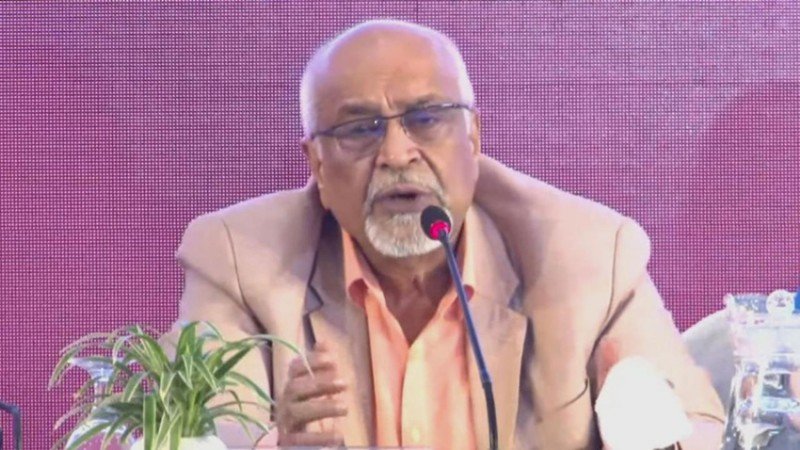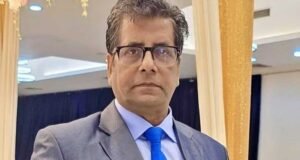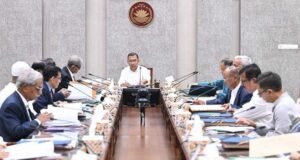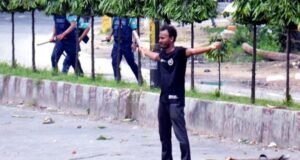
Dr. Debapriya Bhattacharya, distinguished fellow at Centre for Policy Dialogue (CPD), has said that Bangladesh does not need another weak and ineffective human rights commission, calling for a stronger, more authoritative institution capable of addressing real issues of rights and justice.
Speaking at a discussion titled “Draft Human Rights Commission Act 2025”, organized by Citizens’ Platform on Saturday, Debapriya criticized past efforts, pointing out that the existing frameworks have failed to deliver justice or accountability.
“The people of Bangladesh don’t want another powerless human rights commission with no authority or efficiency,” he said, adding that the initiative to establish a commission first emerged during the 2007 caretaker government under Fakhruddin Ahmed, with a draft law prepared by 2009.
However, he noted that when Awami League government came to power, it significantly altered the draft and passed a version through parliament that ultimately lacked independence and effectiveness.
“A spineless good man was appointed to lead the commission. No matter how well-meaning a person may be, if they lack backbone, they cannot lead a human rights commission,” Debapriya remarked bluntly.
He further criticized the interim government for failing to offer a viable alternative after abolishing the previous commission in November 2024.
“Nearly a year has passed and what we have now is a draft law riddled with ambiguity and loopholes,” he said.
Highlighting the legal flaws, Supreme Court lawyer Barrister Jyotirmoy Barua pointed out that the draft contains many of the same issues as the previous law.
“There’s no specific timeframe for complaint resolution, no clarity on whether dual citizens can serve on the commission and serious ambiguity around funding sources,” he said.
Barua also raised concerns about the inclusion of bureaucrats in the commission, which creates an inherent conflict of interest.
“The draft doesn’t say whether this problematic practice will be continued or abolished,” he added.
Sanjida Islam, coordinator of Mayer Daak, a platform of families of victims of enforced disappearances, shared her disappointment with past commissions.
“Each time we approached the commission, they would simply send a letter to Home Ministry and consider their duty done. No real action followed,” she said.
Echoing her frustration, Debapriya criticized the commission’s annual reports that claimed 100 percent task completion.
“In reality, their work amounted to little more than writing letters,” he said.
The discussion was attended by human rights activists from various sectors, along with representatives from United Nations and several foreign missions, who also shared their perspectives on strengthening the proposed law and ensuring accountability in human rights governance.
 Weekly Bangla Mirror | Bangla Mirror, Bangladeshi news in UK, bangla mirror news
Weekly Bangla Mirror | Bangla Mirror, Bangladeshi news in UK, bangla mirror news







